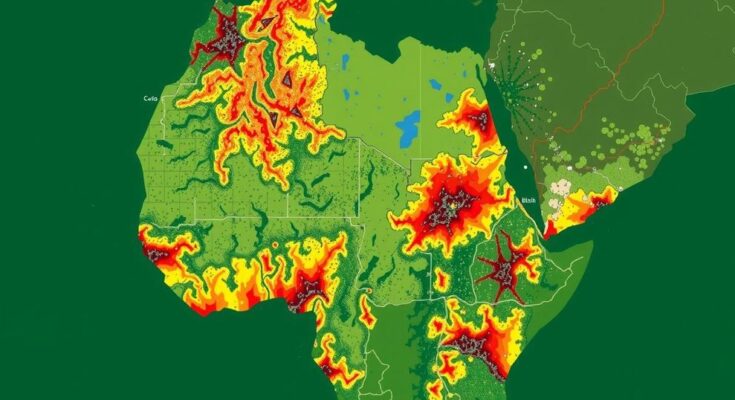The paper investigates the effects of climate shocks on firm performance and tax revenue in Zambia. Extreme weather events adversely affect sales, input purchases, and tax collection, particularly in the manufacturing and retail sectors. The response of firms includes reducing employment and wages, indicating decreased productivity. The authors emphasize the importance of addressing the combined impact of climate shocks on both economic output and government revenues.
In their working paper titled “Climate Shocks and Economic Resilience – Evidence from Zambia’s Formal Sector,” authors Kwabena Adu-Ababio, Evaristo Mwale, and Rodrigo Oliveira explore the juxtaposition of climate challenges and economic responses within Zambia’s low-income context. The paper reveals that extreme weather anomalies, including excessive rainfall and elevated temperatures, lead to marked declines in firm performance, reducing sales, input purchases, and tax revenue, particularly in critical sectors such as manufacturing and retail. The subsequent reactions from firms include workforce reductions and lower wage offerings, indicating diminished productivity levels. The findings underscore an urgent need to integrate considerations of climate impacts on both productivity and government fiscal resources in developing economies, highlighting the critical role of services and goods taxation in national budgets.
Zambia, as a low-income country, faces pressing challenges from both climate variability and the need for effective revenue mobilization. Previous studies have primarily examined these issues in isolation; however, this paper posits the interconnectedness of climate change and economic resilience. By utilizing firm-level data, the authors provide new insights into how climate shocks specifically affect business operations and government finances. Understanding these dynamics is essential for fostering resilient economic policies in the face of climate threats.
This study significantly contributes to the discourse on economic resilience in the context of climate shocks. It demonstrates that extreme weather conditions severely impact firm operations and government revenues, necessitating a holistic approach to policy-making. By acknowledging the effects on productivity and tax collection, stakeholders can better devise strategies to buffer low-income countries like Zambia against future climate disruptions, ultimately advancing economic stability and resilience.
Original Source: reliefweb.int




